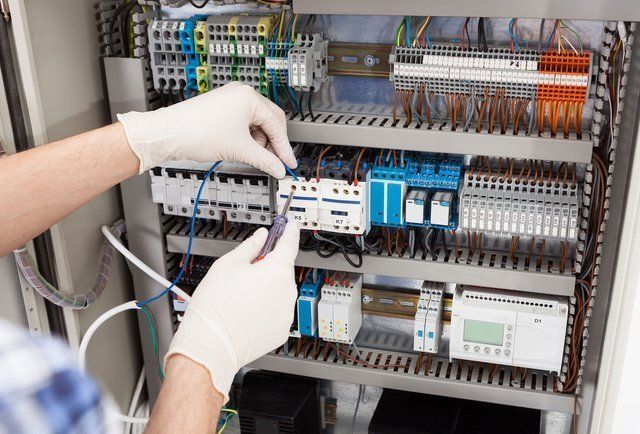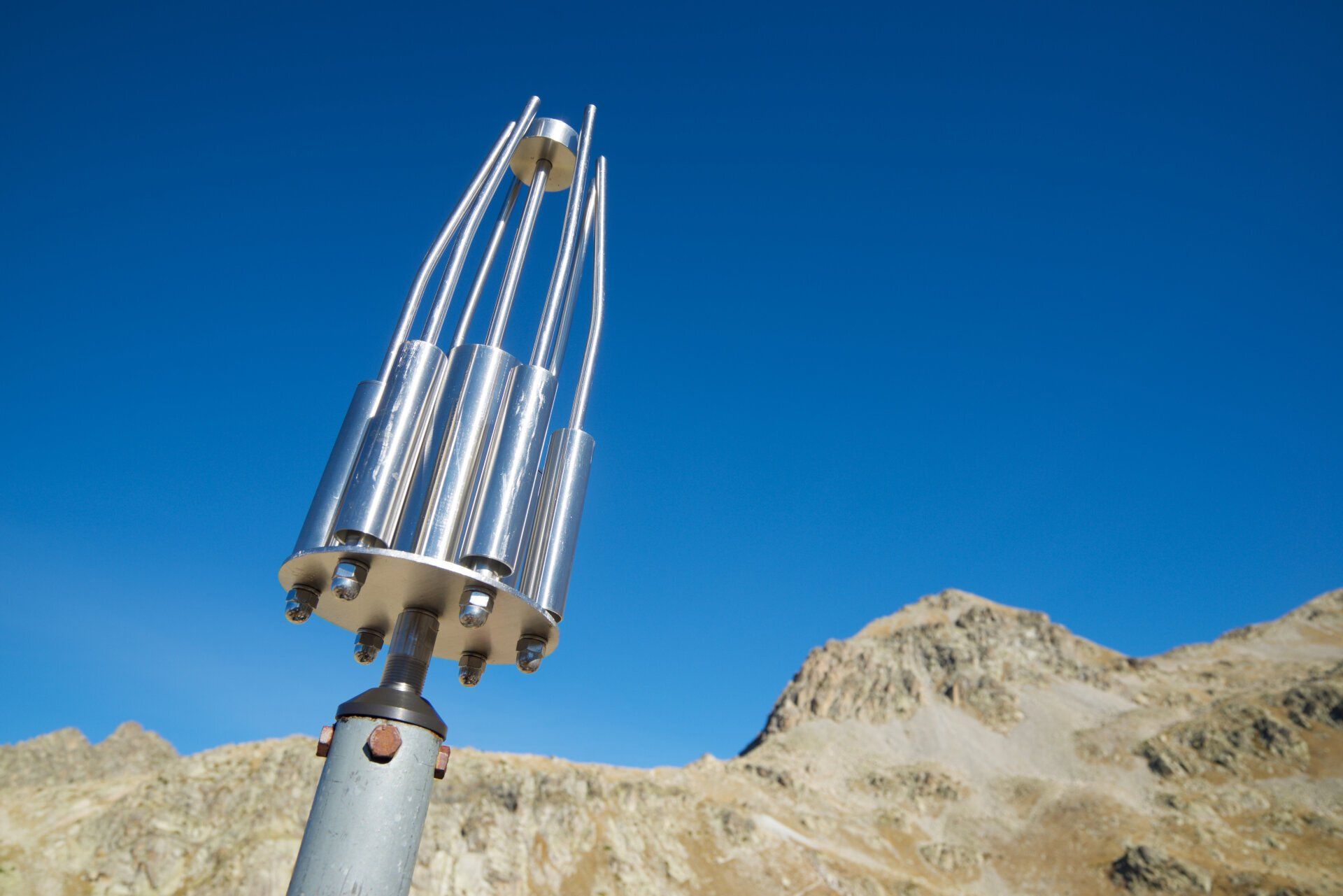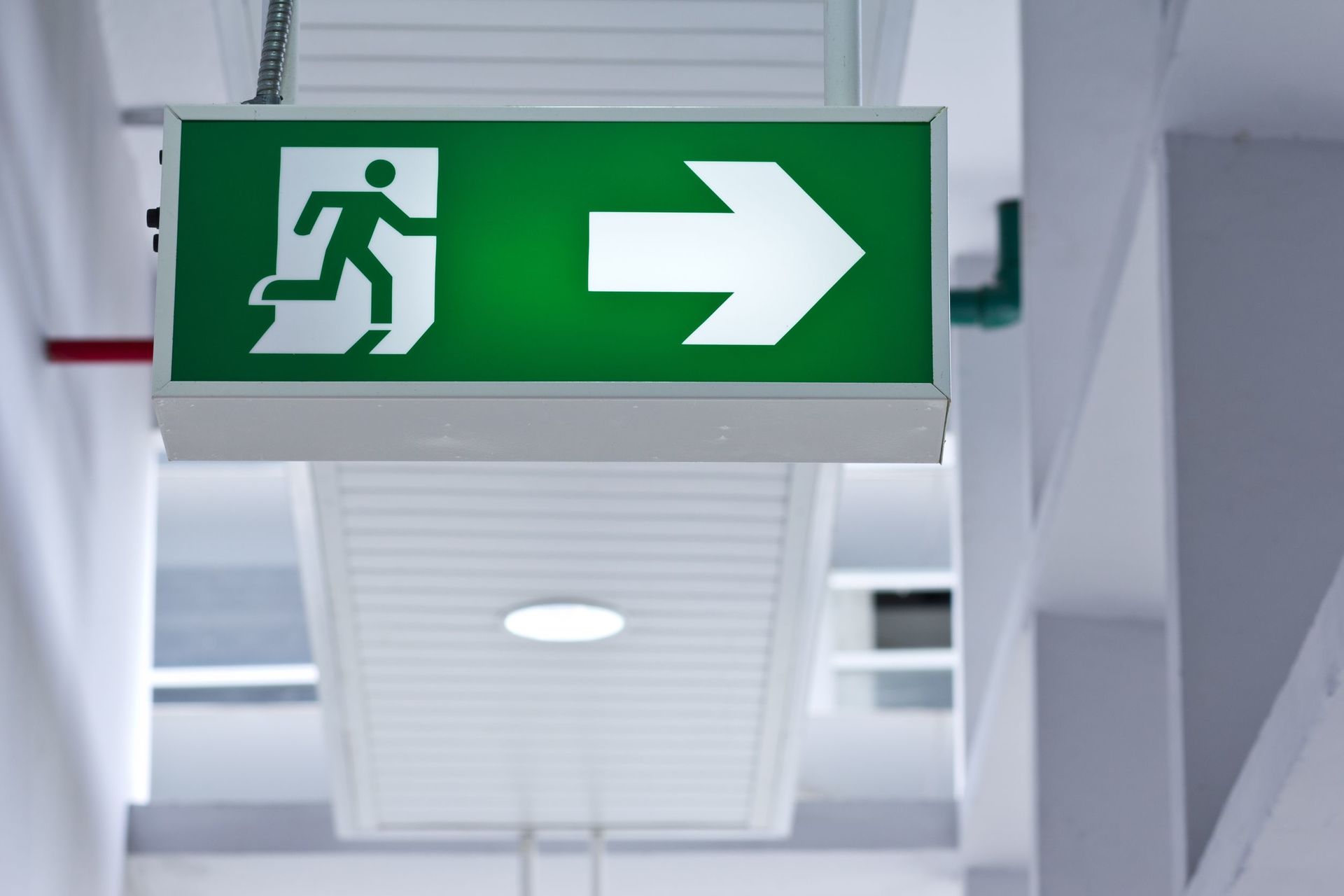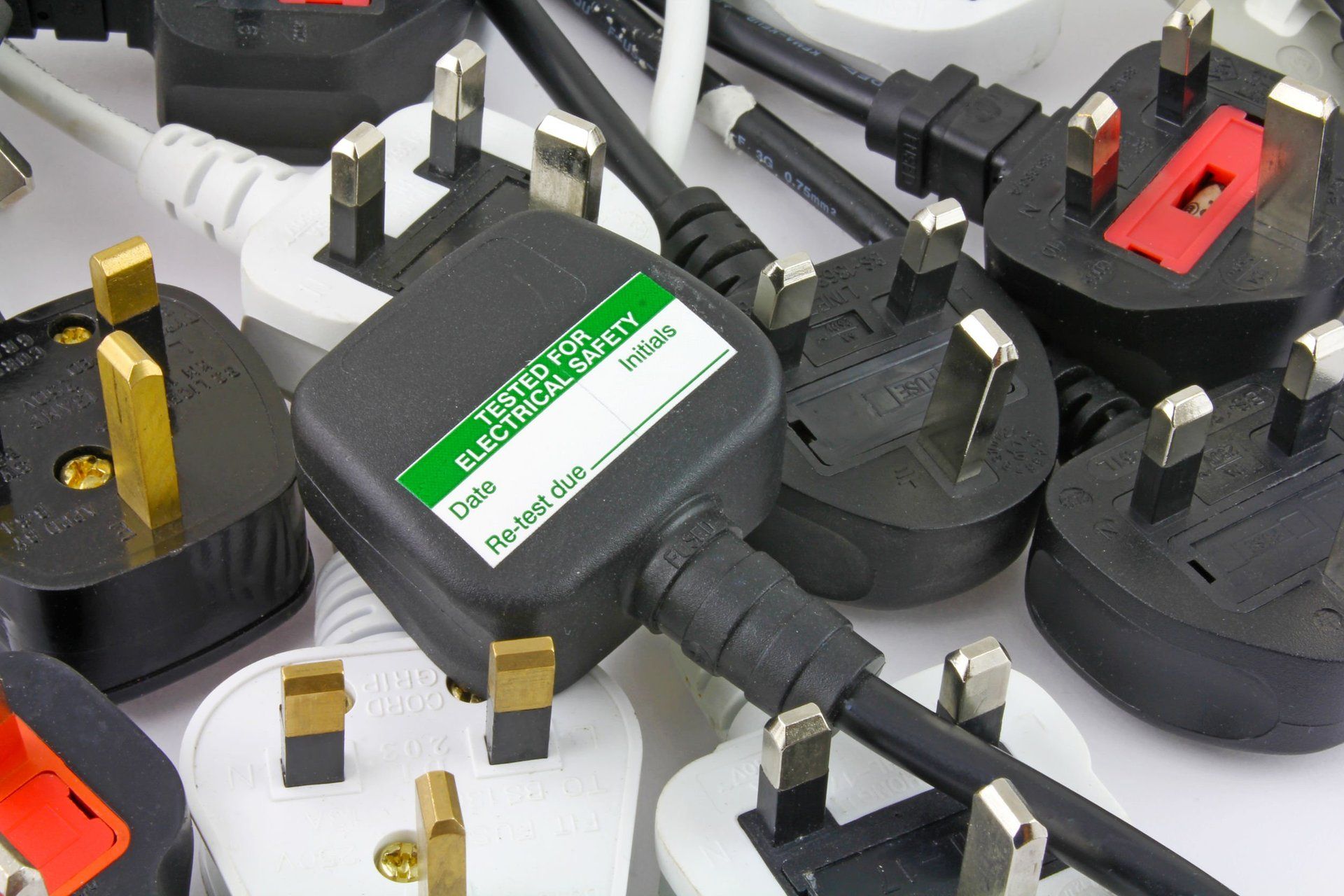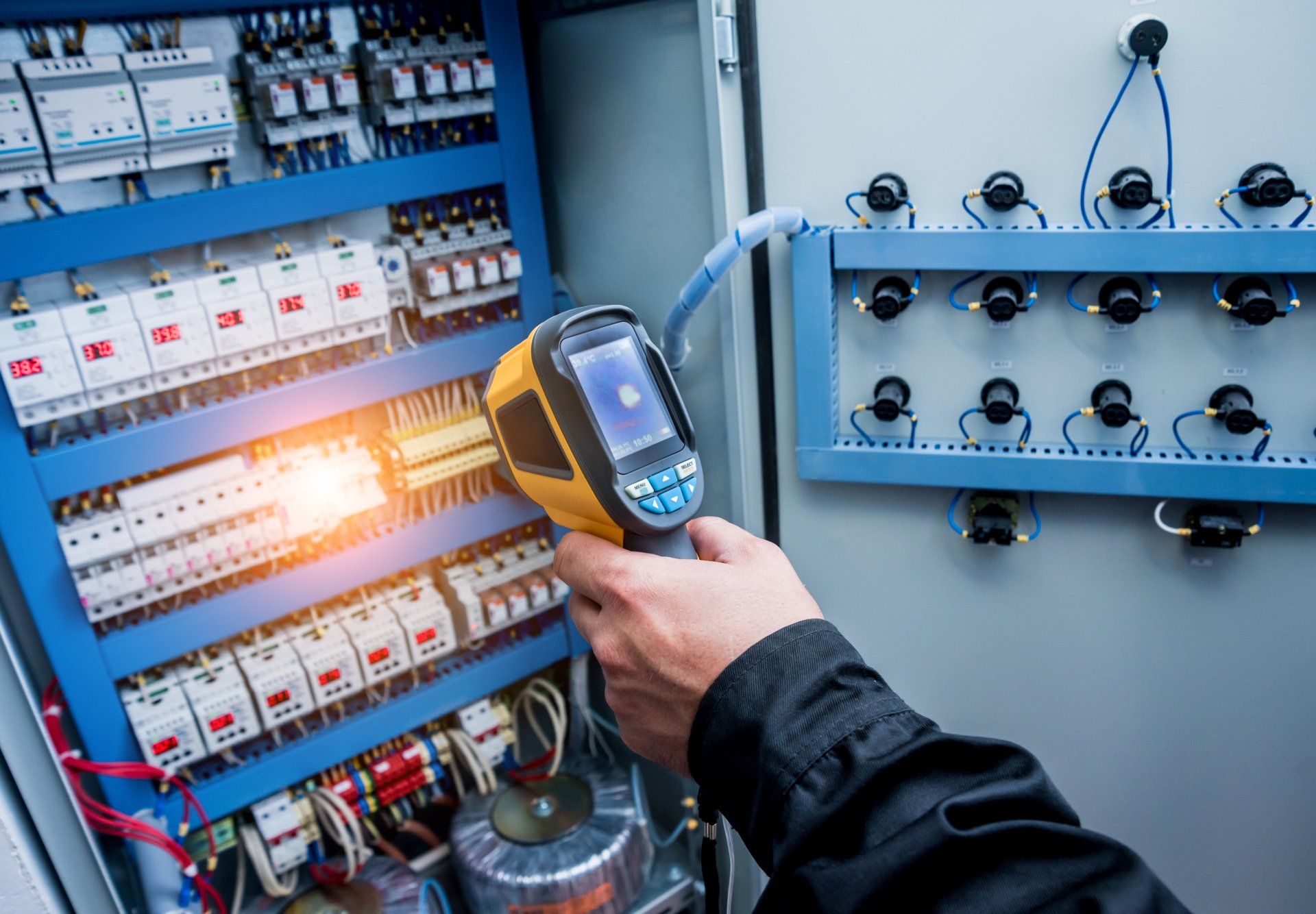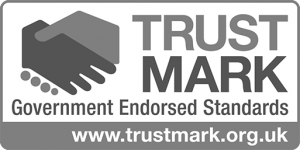Electrical Test Report
What is an Electrical Test Report and why is it required?
A 5 periodic electrical test report is the report and inspection of fixed wired electrical systems in a premises in regards to safety. It is known as the an EICR, previously known as the Periodic Inspection Report.
It is designed to make sure that the electrical wiring is compliant with current regulations.
An EICR works by testing the existing the condition of the wiring, circuits and anything connected to the electrical system throughout the premises.
- Visit your site(s) and inspect and test your electrical systems
- Identify things like electric shock risks and fire hazards
- Categorise any deficiencies against relevant safety standards
- Provide a comprehensive report with action points
- Issue you with a certificate so that you can prove the inspection has been done
- If required, provide you with an on the spot quote for any remedial work.
Who are we?
As approved contractors, we can offer your establishment, a frequent and reliable Inspection and Testing Service ensuring you stay up to date with the latest Legal Requirements in accordance with BS 7671:01925320707 regulations.
How do we carry out an EICR Inspection?
CSE understand what form of testing is required and we will work around your schedule to ensure there is minimum disruption to your business to suit your individual needs and requirements, at no extra cost.
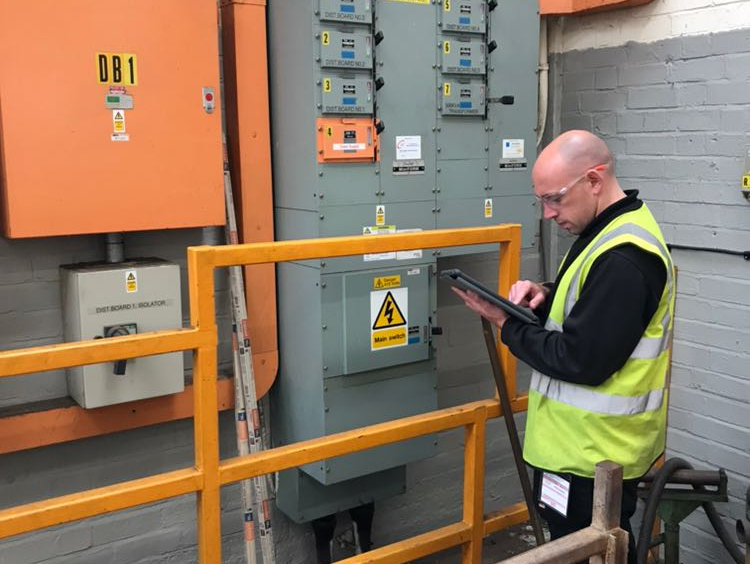
The EICR will:
• Reveal if any of your distribution boards circuits or equipment are overloaded
• Find any potential shock risks and fire hazards in your installation
• Identify any defective work
• Highlight any lack of earthing or bonding
Tests are also carried out on wiring and associated fixed equipment to check that they are safe. A schedule of circuits will also be provided, which is invaluable for a property.
Legal Responsibilities
Under The Health and Safety at Work Act 1974 “It shall be the duty of every employer to ensure, so far as is reasonably practicable, the health, safety and welfare at work of all his (and her) employees.”
Not only are all employers liable for the health and safety of their employees, but they must also protect any members of the public accessing, using or in contact with their business and premises.
In addition to this legislation, the Electricity at Work Regulations 1989 are made under The Health and Safety at Work Act 1974 and relate specifically to the hard wired systems in the workplace.
Regulation 3 from The
Electricity at Work Regulations 1989 identifies specifically those who are duty bound by the regulations:
(1) Except where otherwise expressly provided in these Regulations, it shall be the duty of every–
(a) employer and self-employed person to comply with the provisions of these Regulations in so far as they relate to matters which are within his control; and
(b) manager of a mine or quarry (within in either case the meaning of section 180 of the Mines and Quarries Act 1954) to ensure that all requirements or prohibitions imposed by or under these Regulations are complied with in so far as they relate to the mine or quarry or part of a quarry of which he is the manager and to matters which are within his control.
(2) It shall be the duty of every employee while at work–
(a) to co-operate with his employer so far as is necessary to enable any duty placed on that employer by the provisions of these Regulations to be complied with; and
(b) to comply with the provisions of these Regulations in so far as they relate to matters which are within his control.
What type of Testing is carried out during the EICR?
The testing consists of multiple visual inspections and electrical tests and covers all hardwiring such as sockets, lighting, switches, main panels, distribution boards, air conditioning and other fixed components.
To begin with, our engineers will make sure a full diagram of the whole hard wired system is available. If you do not have one already, they will survey the system to create one.
Once this is available they will conduct visual tests to check the condition of the system and identify any risks or hazards.
What information should the EICR contain?
An EICR should contain:
- Your business details and the details of the inspection
- Any limitations of the inspection – e.g. Were there areas of the system that were inaccessible?
- Details about the type of system and components in use
- A list of all the tests carried out and their results
- A summary of the condition of the system
- Detailed observations and recommendations for required actions
- Signature of the contractor completing the tests
During the inspection
The approved contractor will check the the installation against the requirements of
- BS7671 – Requirements for Electrical Installations ( IEE Wiring Regulations) – as amended, which is the national safety standard for electrical installations, and contains around 850 Regulations.
The test and inspection will take into account all relevant circumstances including the following factors:
- Adequacy of earthing and bonding
- Suitability of the switchgear and control gear e.g. consumer unit e.g. an old fuse box with a wooden back, cast iron switches, a haphazard mixture of such equipment is likely to need replacing
- Serviceability of equipment e.g. switches, socket-outlets and light fittings e.g. older round pin sockets, round light switches and braided flex hanging from ceiling roses to light fittings, black switches, sockets mounted in skirting boards may require replacing.
- Type of wiring system and its condition e.g. cables coated in black- rubber, black-rubber was phased out in the 1960s or cables coated in lead or fabric are even older and may need replacing (modern cables use pvc insulation)
- Provision of residual current devices for socket-outlets that may be used to plug in the equipment used outdoors
- Presence of adequate identification and notices
- Extent of any wear and tear, damage or other deterioration
- Changes in use of the premises which have led to, or might lead to, deficiencies in the installation.
- The Approved Contractor will provide an EICR which you should retain.
Responsibilities And Requirements For Landlords
Until recently the legal requirements were somewhat confusing and a rather grey area.
Under the ‘Landlord and Tenants Act (1985) landlords must ensure that the installation in a rented property is maintained safely throughout a tenancy.
We now have some clarity and as of July 2020 it is now a legal requirement for a property to be inspected & tested at least every 5 year and change of occupancy.
The law currently requires Landlords to provide a EICR installation certificates and also places a duty to keep all electrical systems and appliances in good repair and safe working order.
EICR Frequency Table
| Fixed Wiring Installation Type | Recommended Routine Check | Maximum Periods Between Tests |
|---|---|---|
| Residential | Change of Occupancy / 1 year | 5 years |
| Commercial | 1 year | 5 years |
| Educational Buildings | 4 months | 5 years |
| Hospitals | 1 year | 5 years |
| Industrial | 1 year | 3 years |
| Offices | 1 year | 5 years |
| Shops | 1 year | 5 years |
| Laboratories | 1 yea | 5 years |
| Cinemas/Theatres | 1 year | 3 years |
| Churches | 1 year | 3 years |
| Leisure Complexes | 1 year | 3 years |
| Swimming Pools | 4 months | 1 year |
| Public Entertainment | 1 year | 3 years |
| Restaurants / Hotels / Public Houses | 1 year | 5 years |
EMERGENCY LIGHT TESTING FROM £200
Emer
Reliable compliance throughout UK, We offer a reliable, transparent service for all types of properties
Booking in your inspection is simple, and we pride ourselves on delivering a smooth non-interrupted service.
OUR! 3 Easy Steps to Receive a Satisfactory EICR
TEST
An experienced and qualified electrician will conduct a visual and live inspection upon each circuit. All findings will be recorded.
REPORT
5 working days after inspection you will receive your EICR (report) list any faults which will require correcting.
CORRECTIVE WORKS
CSE will automatically create you a quotation for any corrective works, meaning you can book in immediately.
Fast Service
Next day Commercial 5 year EICR test Service
Competitive Rates
Commercial EICR inspection from £6.00 per circuit
Multi-Council Approved
Working to a strict budget without compromising our quality of service






